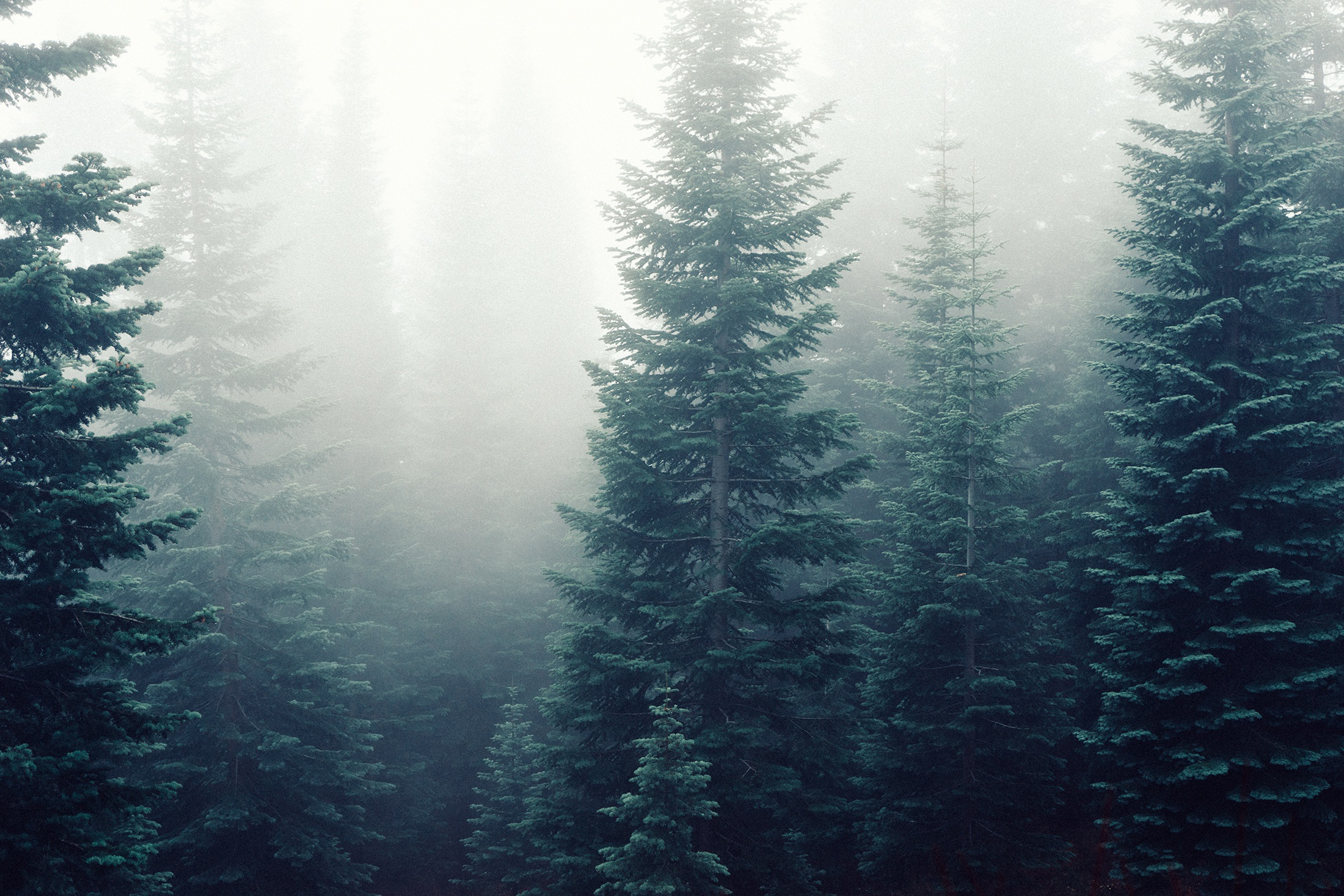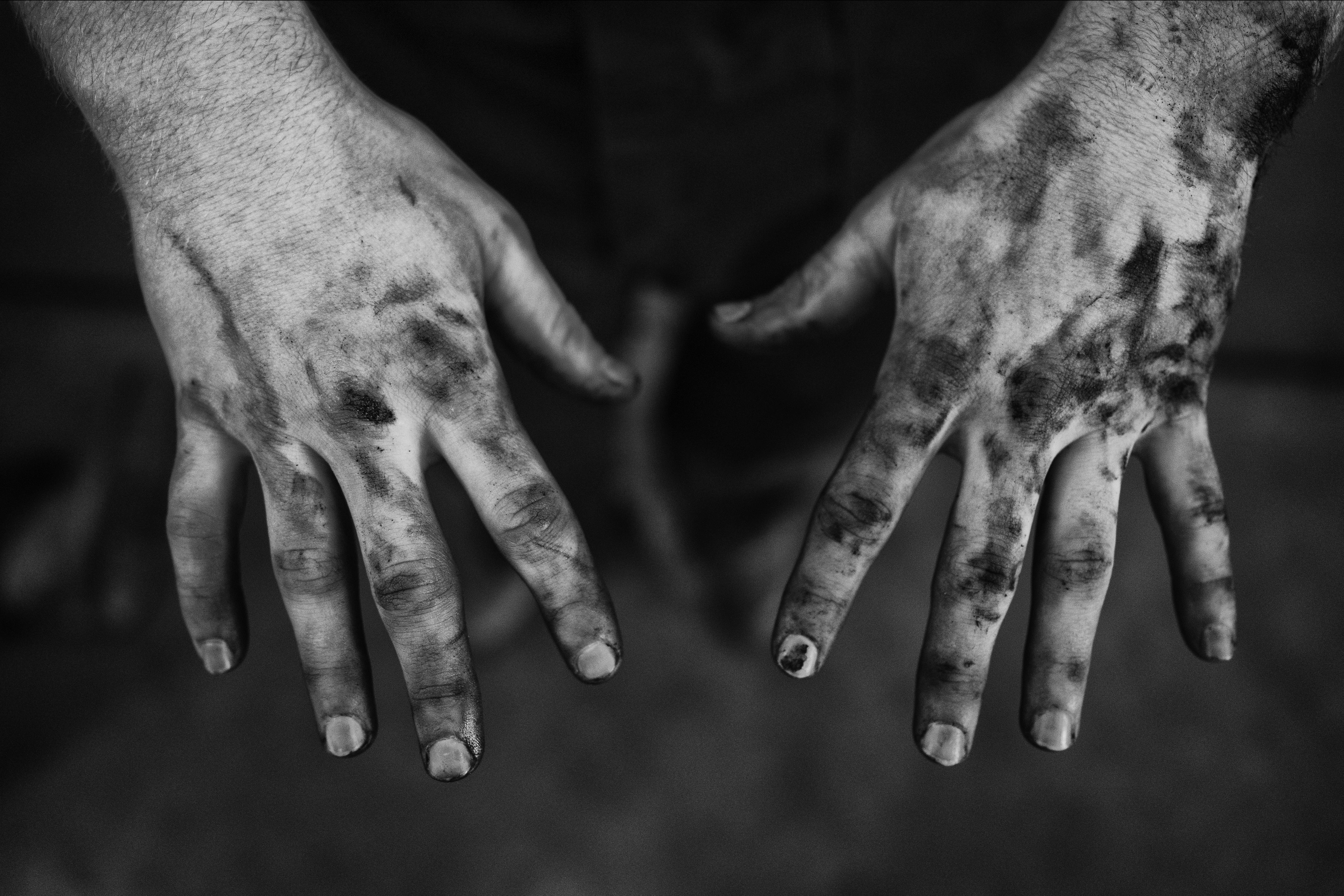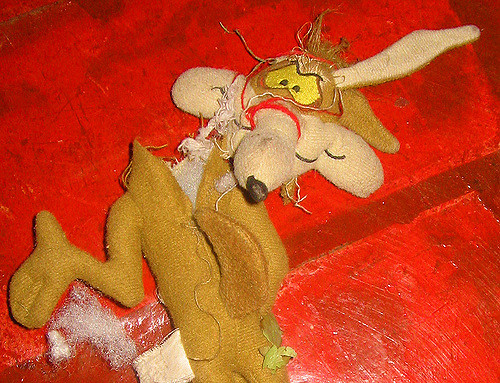Jacqueline Doyle
I’ve tried the Internet—”1967 near Arcata, California, missing girl”—with no success. I tried a newspaper search in the online archives of the Humboldt Public Library, scrolling through months of headlines. Train wrecks, storms, mudslides, car accidents, house fires. No missing children. Surely it would have been more than local news.
I asked my mother when I visited her in the nursing home. “Do you remember a girl named Nola? A girl around my age who disappeared?”
She shook her head and turned away. “No, I don’t remember anything like that.”
But Nola stares at me at night, her face just inches from my own. Elfin and pale, with flaxen hair in untidy tufts, and frightened eyes, the milky green of glass marbles. Nola was her nickname, short for what I can’t recall. She had a common surname, I think. Jones? Smith?
“I’m sorry, Nola,” I want to whisper. “So sorry.” But the words won’t form themselves.
Fifty years later, fragments of memory have resurfaced in my dreams, vivid and unsettling. The smell of pine needles and wet earth. Dim shafts of light filtered through a dense canopy of branches overhead. Silence broken only by the occasional jeering of a scrub jay or the sudden, agitated twittering of small birds. Gigantic trees towering above us as we hurried home, breathless, our hearts pounding. Only I’m not sure it ever happened.
I remember playing princess for hours with Nola. We’d stand in front of the mirror in the half-light of my parents’ bedroom, draped in scarves and my mother’s necklaces and bracelets. The room smelled of mothballs and face powder and Shalimar perfume. We dabbed the glass perfume stopper on our wrists, twisted my mother’s red lipsticks open and closed them, afraid we’d get in trouble if we painted our lips. We had princess names.
“My name’s not Cathy,” I’d say, “It’s Princess Zenobia.” I liked four syllables. Esmerelda. Thomasina. Nola liked gemstones. Amber. Topaz. Ruby. “That’s not my name,” she’d say when I called her Nola. She’d tip her head back, nose in the air. “I’m Princess Sapphire.”
We never played at her house, which was like a trailer but on blocks, and with real cement steps. It was on a big lot, dark from the surrounding fir trees. There was a sagging plaid couch in the living room, and piles of clothes on the floor, smelling like cigarette smoke. She didn’t have a father. Her mother slept a lot—that’s mostly what I remember—and we had to tiptoe inside when we went to fetch Nola’s diamond tiara and the torn lace dress she liked to wear for our game, an old cocktail dress of her grandmother’s.
She was wearing that black lace dress when we tied her to the tree. We were far from the path, deep in the woods. I’m not sure what game we were playing, me and Nola and my school friends Candace and Daria. Hostages maybe. Princess prisoner of war. Nola agreed to play. We didn’t make her. We had a clothesline and we wound it around and around the tree. Her arms were pinned to her sides and we wound the clothesline around her legs and her arms and her torso and her shoulders and tied it in double knots. There were tears and snot on her face.
“Cathy?” she kept saying. “Please make them stop, Cathy. Don’t go, Cathy.” She knew the others wouldn’t help, but she kept saying my name. “Don’t go, Cathy.” Her voice was shrill with fear. Nola should have known that she wasn’t my friend when I was playing with Candace and Daria. And besides, we were playing a game. That’s what I told myself.
I remember her wails, and how they became fainter as we walked farther, clambering over rocks and shrubs, pushing away small branches that made our eyes tear as they slapped back at us, making our way back to the trail. Nola never came back, did she?
I can see her mother at our door, her bleached hair a rat’s nest, eye makeup smeared, eyes wide with alarm. “Where is Nola?” she kept asking over and over. I hovered in the front hallway, shaking my head. “I don’t know,” I said. I turned and ran up the stairs.
“Would you please ask your daughter where Nola is.”
“She doesn’t know,” my mother answered. She didn’t invite Nola’s mother in. She just closed the door.
“Women like her shouldn’t have children if they can’t keep track of them,” my mother said to my father, who put his hand on her arm to keep her from saying more when he saw me leaning over the banister.
I can’t remember whether the police visited, or whether I was just afraid the police would visit. We moved away before I started junior high. I never saw Candace or Daria again. I wouldn’t know what to say to them even if I could find them after all these years. “Do you remember that day, our game in the woods?” I can imagine their shuttered stares.
I’ve never told anyone what happened. Or what might have happened, since I really don’t know.
It was six months ago, when I was in the city shopping for baby clothes with my daughter, that I thought I saw Nola on the street. Older of course, but with the same pale blonde hair, cut short. The same green eyes. We’d been looking at princess outfits, pink and glittery, so maybe that conjured her apparition. Or maybe it was the fragility of my first grandchild, so tiny and precious, my fears for her future. I haven’t been able to stop thinking of Nola since.
I rushed after the woman and put my hand on her shoulder.
“Nola,” I said. “Is it you? You’re all right?”
She stared at me without recognition.
“I’m sorry,” I said. “I didn’t mean to do it. You have to believe me. I’ve always been so sorry.”
“I don’t know what you mean,” she said, pulling away from me. “That’s not my name.”
“What is your name? Tell me. Sapphire? Ruby?”
She just looked at me, as if I were the one who wasn’t all right.
Night after night, my dreams take place in the forest. The still air shimmers with menace. I feel like I’ve been walking forever, my footsteps muffled by a thick cushion of pine needles. I sense small animals burrowing under the earth, huddled in the roots of trees. I glimpse tiny snakes in the damp leaves, and beetles playing dead, their shells black and irridescent. Sometimes I stop to rest on wet, moss-covered logs, but I don’t linger. I’m afraid it will get dark. I’m alone, I’m hurrying, I don’t know where. Maybe home to hide behind my mother. Maybe back to Nola to release her.
I can feel her mounting terror, the clothesline biting into her skin as she struggles. I run faster, through clouds of tiny insects that I brush away from my face, and thickets of twigs that scratch my hands. The woods darken as twilight gathers. I don’t know where I am or where the path is. I think I hear Nola’s panicked breathing somewhere nearby. I stop and turn in circles, straining to see. The woods begin to whisper. Her face looms in front of me, round and white like the moon behind the trees.
Nola?
Jacqueline Doyle’s stories have appeared in Quarter After Eight, PANK, Monkeybicycle, The Rumpus, and the recent anthology, Nothing to Declare: A Guide to the Flash Sequence (White Pine Press, 2016). Her work has earned two Pushcart nominations, a Best of the Net nomination, and Notable Essay citations in Best American Essays 2013 and Best American Essays 2015. She lives in the San Francisco Bay Area and can be found online at facebook.com/authorjacquelinedoyle.




